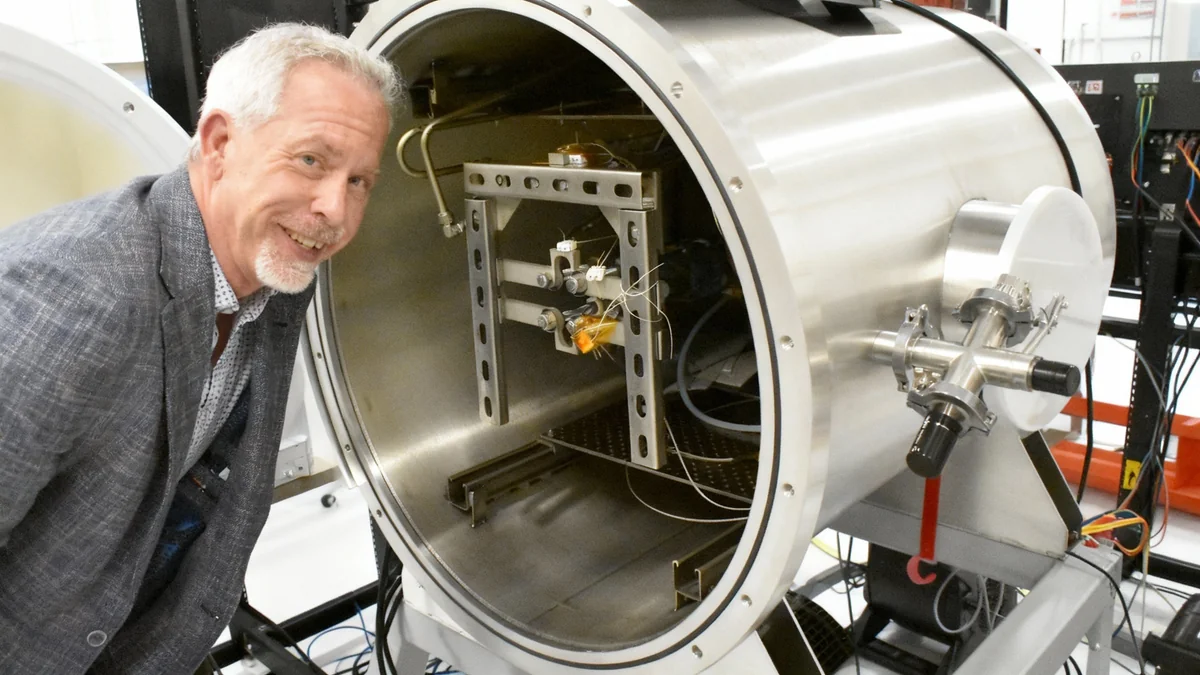A recent survey conducted by Bosch and Richter Gedeon Nyrt. reveals a significant division among Hungarians regarding the future of technology. The findings indicate that the population holds mixed views, with substantial portions expressing both optimism and concern about the increasing role of automation, artificial intelligence, and digital transformation in their daily lives and the broader economy.
The study highlights a complex national sentiment, where the potential benefits of technological progress are weighed against fears of job displacement and societal change. This division underscores a critical juncture for public policy and corporate strategy in Hungary as the nation navigates the challenges and opportunities of the digital age.
Key Takeaways
- A joint survey by Bosch and Richter Gedeon Nyrt. found that Hungarians are split in their opinions on the future impact of technology.
- The research points to a balance between optimism for technological advancements and apprehension about potential negative consequences, such as job automation.
- Public perception is influenced by factors like age, education, and exposure to technology in the workplace.
- The findings suggest a need for public dialogue and education to address concerns and build trust in new technologies.
Detailed Look at Public Sentiment
The survey results paint a nuanced picture of Hungarian society's relationship with technology. While many participants acknowledged the potential for innovation to improve quality of life, a nearly equal number voiced significant reservations. This duality suggests that a simple pro- or anti-technology label does not accurately capture the public mood.
Optimists often pointed to advancements in healthcare, communication, and convenience as primary reasons for their positive outlook. They see technology as a tool for solving complex problems and driving economic growth. In contrast, those expressing pessimism frequently cited the rise of artificial intelligence and automation as major sources of anxiety.
The Companies Behind the Survey
The survey was a collaborative effort between two major corporations with a significant presence in Hungary. Bosch, a global engineering and technology company, is a major employer in the country's automotive and manufacturing sectors. Richter Gedeon Nyrt. is a multinational pharmaceutical and biotechnology company headquartered in Budapest. Their interest in public perception of technology reflects its importance to their respective industries.
Generational and Regional Divides
Further analysis of the survey data reveals that attitudes are not uniform across all demographics. Younger generations, particularly those who have grown up with digital technology, tend to express more optimism. According to the data, individuals under 35 are more likely to view technology as a source of opportunity.
Conversely, older demographics often show greater skepticism. Their concerns are frequently rooted in the potential for technology to disrupt traditional industries and social structures. There is also a noticeable difference between urban and rural respondents, with city dwellers generally reporting a more positive view, likely due to greater exposure and integration of technology in their daily environment.
The Role of AI and Automation in Public Concern
Artificial intelligence and automation were central themes in the survey, emerging as the primary drivers of public apprehension. Many respondents expressed fear that widespread automation could lead to significant job losses, particularly in manufacturing and administrative sectors, which are crucial components of the Hungarian economy.
"The fear of being replaced by a machine is a powerful sentiment that cannot be ignored. Understanding this anxiety is the first step for industries and governments to develop strategies for a just transition."- Unnamed survey analyst statement.
The survey asked participants about their personal feelings regarding AI in the workplace. While some recognized its potential to handle repetitive tasks and increase efficiency, a larger group worried about the devaluation of human skills. This highlights a growing need for workforce retraining and upskilling programs to prepare employees for a future where collaboration with intelligent systems becomes standard.
Hungary's Technology Sector
Hungary has a robust technology and automotive manufacturing industry. Companies like Bosch operate multiple plants in the country, focusing on mobility solutions, industrial technology, and consumer goods. The automotive sector alone accounts for a significant portion of the nation's GDP and industrial output, making the topic of automation particularly relevant.
Implications for Industry and Government
The divided sentiment revealed by the Bosch and Richter survey carries important implications for both the private and public sectors in Hungary. For companies, these findings underscore the importance of communication and transparency when implementing new technologies. Building public trust is essential for the successful adoption of AI and automation.
For the government, the survey highlights the need for proactive policy-making. Key areas that require attention include:
- Education Reform: Updating school curricula to emphasize digital literacy, critical thinking, and skills relevant to the future job market.
- Workforce Development: Creating and funding national programs for reskilling and upskilling workers in industries most vulnerable to automation.
- Public Dialogue: Fostering a national conversation about the ethical and social implications of technology to ensure that development aligns with societal values.
Failure to address public concerns could lead to resistance against technological adoption, potentially hindering Hungary's economic competitiveness. A collaborative approach between industry, government, and educational institutions is necessary to navigate this transition effectively.
Looking Ahead at Hungary's Technological Future
The survey by Bosch and Richter Gedeon Nyrt. serves as a critical snapshot of a nation at a crossroads. Hungarians are not uniformly technophobic or technophilic; instead, they are cautiously and pragmatically evaluating the tools that will shape their future.
The path forward will depend on how leaders in business and government respond to this divided sentiment. Addressing the legitimate concerns about job security and societal impact while championing the benefits of innovation will be the key challenge. The future of technology in Hungary is not just about code and circuits; it is about building a consensus that allows for progress that benefits all members of society.
Ultimately, the survey is a call to action. It signals that the successful integration of advanced technology requires more than just investment in infrastructure; it requires an investment in people, education, and a shared vision for the future.



